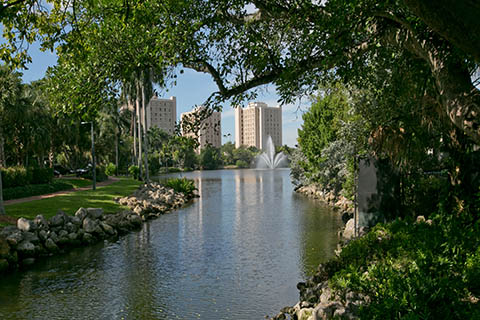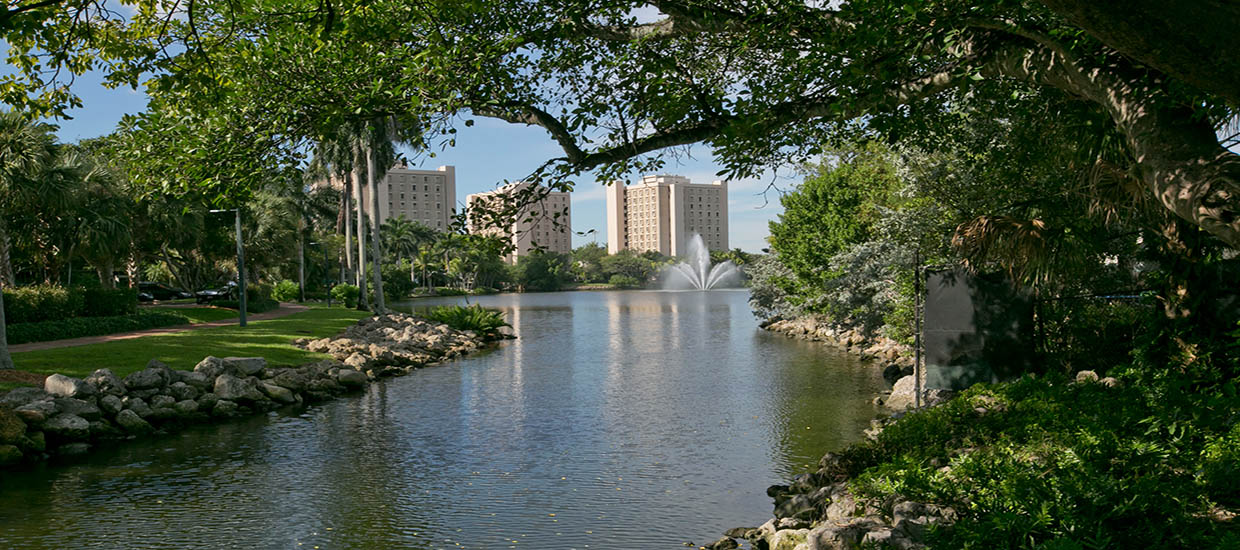I hope to go to graduate school for International Relations or Public Administration, and the writing skills I have developed in my WGS courses will be invaluable for that. More directly, I have seen how issues of gender and sexuality cannot be ignored in almost any field, and so whether I am doing political science research, working for the State Department, or anything else, I will be sure to incorporate the language and outlook of my WGS courses to add to my ability to create meaningful knowledge.





